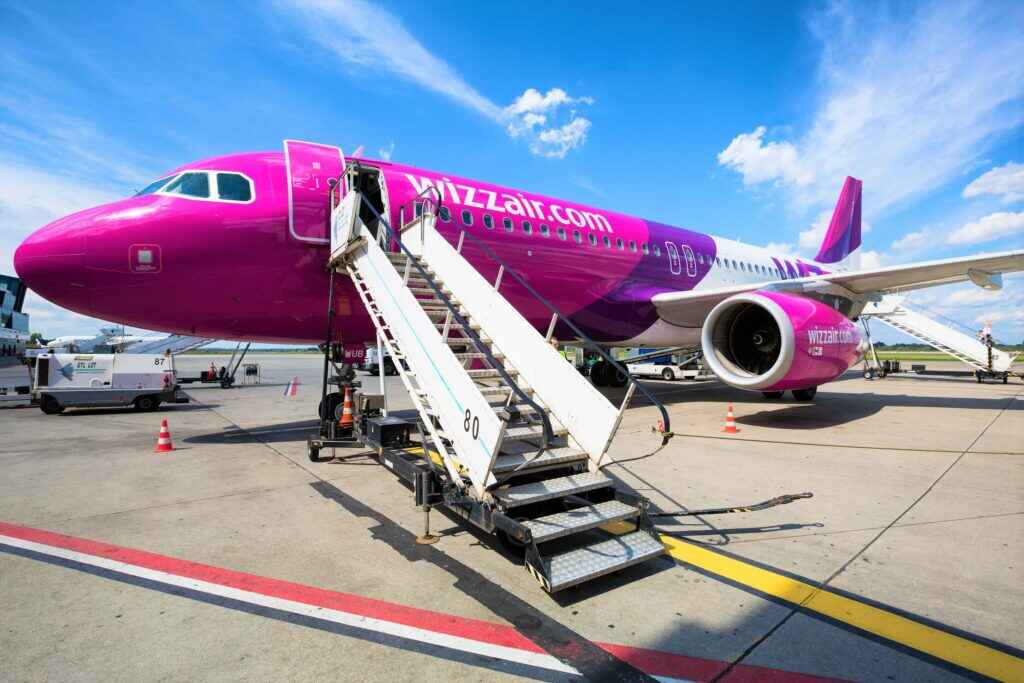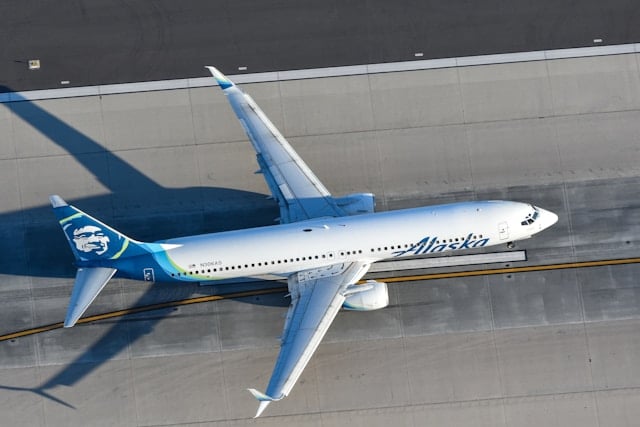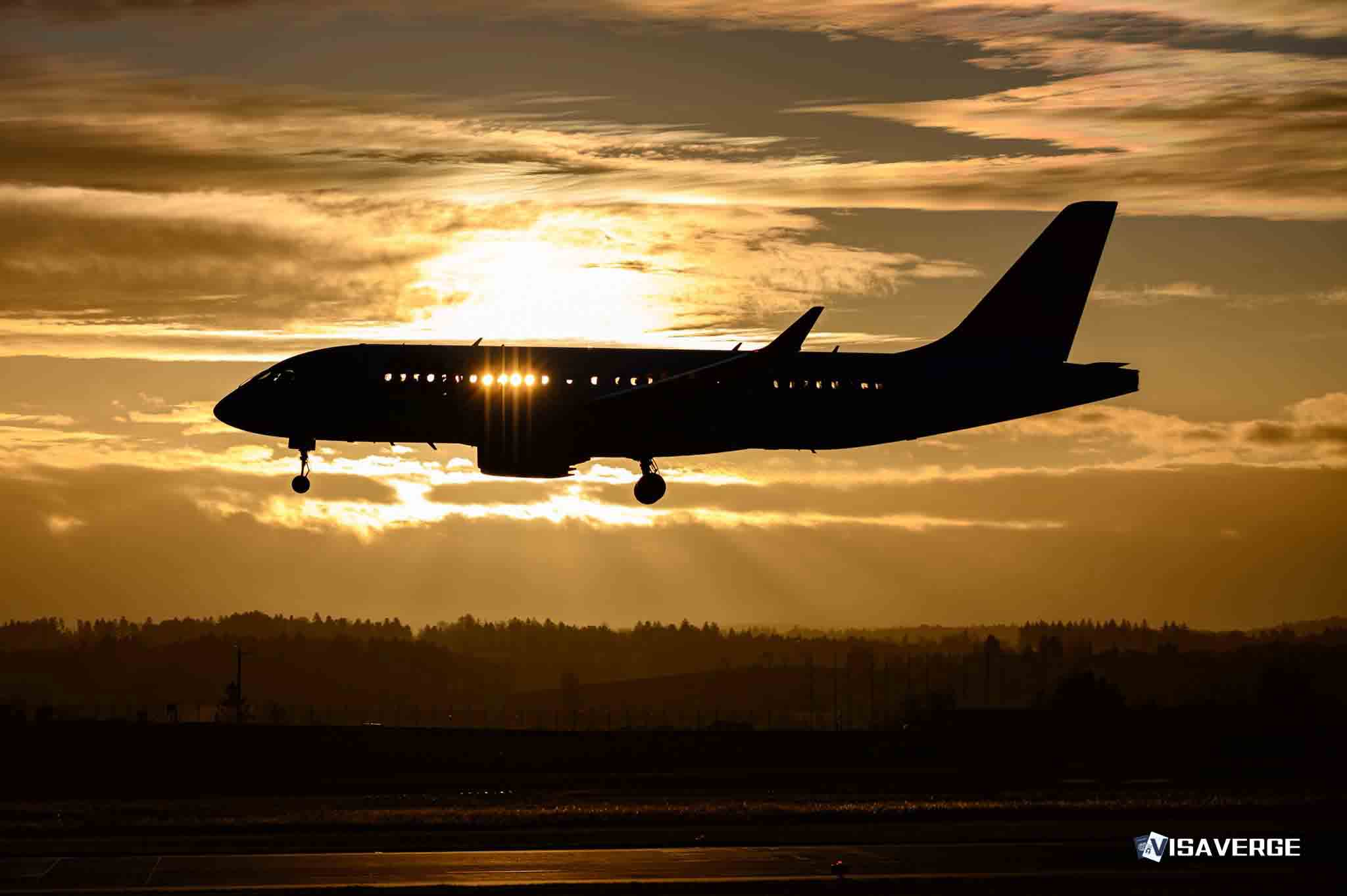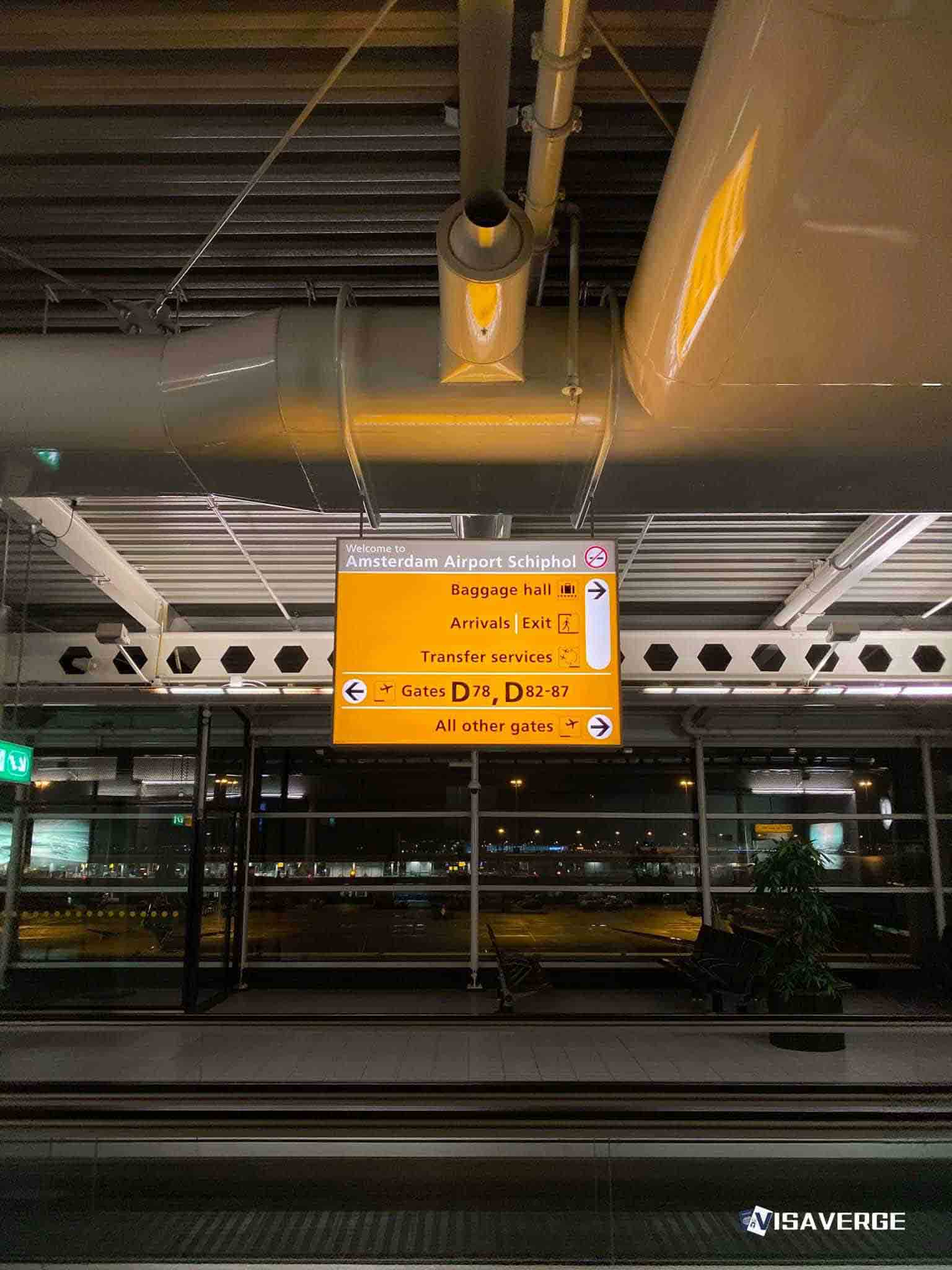Wizz Air has announced a fleet-wide rollout of StorkJet FlyGuide FPO and Avtech Aventus and SIGMA across its European bases, completed on 8 August 2025. The airline says these systems cut fuel burn, reduce CO₂ emissions, and smooth flights while supporting EU climate goals.
What changed and why it matters now
- StorkJet FlyGuide FPO reached all Wizz Air pilots in March 2025 after tests on more than 10,000 flights. The tool uses real flight data to suggest the best speed and altitude by phase of flight. Wizz Air reports a 0.5%–1% drop in fuel use and CO₂ per flight with no safety tradeoff.
- Avtech Aventus and SIGMA went live in August 2025. These systems deliver high-resolution UK Met Office forecasts directly to pilots, offering four-dimensional views (route, altitude, time, and location). Alerts flag winds, turbulence, icing, storms, and volcanic ash.

Early testing and full deployment mean the tools now provide operational benefits at scale across Wizz Air’s entire fleet.
Executives and their statements
- Diarmuid Ó Conghaile, Wizz Air COO: says the upgrades deliver smoother, quieter flights, especially in climb and descent, and help keep flights on time.
- Renata Niedziela, StorkJet CEO: says FlyGuide FPO gives clear, aircraft-specific tips without adding pilot workload, helping fuel efficiency and lowering emissions.
- David Rytter, Avtech CEO: says Aventus and SIGMA provide accurate, route-specific alerts that help pilots choose better tracks in real time.
How the systems work on the flightdeck
StorkJet FlyGuide FPO
- Runs on pilot tablets.
- Analyzes aircraft performance, weight, weather, and past flight data.
- Recommends speed or altitude adjustments for climb, cruise, descent, and approach.
- Adapts to each tail number, giving targeted advice that reflects the airplane’s condition and the day’s environment.
Avtech Aventus & SIGMA
- Blends UK Met Office forecasts with the aircraft’s planned and active route.
- Pushes timely messages to pilots when risks change (e.g., turbulence, crosswinds, icing).
- Helps crews pick smoother altitudes or minor route changes that save fuel and improve comfort.
Scale, timing, and training
- Testing: 10,000+ flights validated FlyGuide FPO performance before full deployment.
- Training: About 2,700 Wizz Air pilots trained on tablets and onboard systems.
- Rollout: Full fleet adoption completed by August 2025, making Wizz Air among the first major European carriers to deploy both systems fleet-wide.
Quantified impact and sustainability context
- Fuel and CO₂: Early results show a 0.5%–1% drop in fuel per flight. Over a large network, that compounds into substantial annual savings and emissions cuts.
- On-time performance: Real-time weather data helps avoid storm cells and heavy turbulence corridors that cause speed reductions and delays.
- Net Zero 2050: The move supports Wizz Air’s decarbonization plan and aligns with EU aviation climate policy.
Passenger and crew experience
- Smoother flights: Fewer turbulence pockets and better altitude choices—noticeable especially on longer sectors.
- Quieter cabins: Optimized climb and descent profiles can reduce thrust changes and noise.
- Fewer diversions: Better weather intelligence lowers the chance of late reroutes or heavy holds, easing stress for crews and customers.
Costs, investment, and strategy
- Wizz Air plans to invest €14 billion over three years to upgrade customer experience and core operations. This package includes digital tools like FlyGuide FPO and Avtech Aventus and SIGMA, plus other reliability projects.
- As reported by VisaVerge.com, airlines that combine data-driven performance tools with real-time weather often gain steady, compounding efficiency benefits over time.
Why this marks a shift for European low-cost carriers
- First across the fleet: Wizz Air’s full deployment sets a new benchmark for budget carriers that run high daily utilization and tight turnarounds. Every percent of fuel saved and every minute shaved from taxi or holding patterns matters.
- Competitive pressure: Rivals may accelerate their own deployments to match passenger comfort gains and cost savings.
Voices from the flight deck and dispatch
- Pilots generally welcome clear, phase-by-phase prompts that do not overload them during busy moments. Suggestions based on each aircraft’s unique performance history increase trust.
- Dispatch teams value fewer last-minute weather shocks; better predictability helps plan more efficient fuel loads and alternates.
Implementation lessons and recommended steps for other airlines
- Prove it with data: Large-scale test flights (Wizz Air’s 10,000+ flights) build a strong case for safety and savings and facilitate pilot buy-in.
- Train early and often: Hands-on tablet training and realistic scenarios help crews apply tips without extra workload.
- Monitor and refine: Continuous data checks keep recommendations relevant as fleets age and routes shift.
Wider policy frame and practical guidance
- EU climate rules push airlines to cut emissions now. While sustainable aviation fuel (SAF) and new aircraft designs remain essential, software is a near-term lever that works today.
- Travelers concerned about climate impact should note that carriers adopting tools like FlyGuide FPO and Avtech Aventus can show measurable, flight-by-flight reductions.
- For regulators and airports, smoother profiles and fewer reroutes can reduce congestion and community noise near approach paths.
Background and future outlook
- Since 2023, Wizz Air has emphasized younger aircraft, better route planning, and data-led decision tools. The current rollout fits this strategy.
- Future updates may integrate more data sources and sharper models; as forecasts improve, alerts should become more precise and savings may grow.
Practical tips for passengers and stakeholders
- If you’re sensitive to turbulence, consider flying with airlines that use real-time weather and performance tools—you may notice gentler rides on average.
- If you track emissions, ask airlines for published fuel-burn improvements on routes you fly frequently.
- For regulators and airports, prioritize systems and procedures that enable smoother profiles and fewer reroutes to reduce local impact.
Official resources
- For more on European aviation policy and climate targets, see the European Commission’s page on aviation and the environment (European Union official portal).
Closing takeaway: Wizz Air’s adoption of StorkJet FlyGuide FPO and Avtech Aventus and SIGMA demonstrates how many small, smart changes across numerous flights can deliver real gains now: smoother trips for passengers, clearer tools for crews, and measurable fuel and CO₂ savings—flight by flight.
Keywords: StorkJet FlyGuide FPO, Avtech Aventus, Wizz Air.
This Article in a Nutshell













